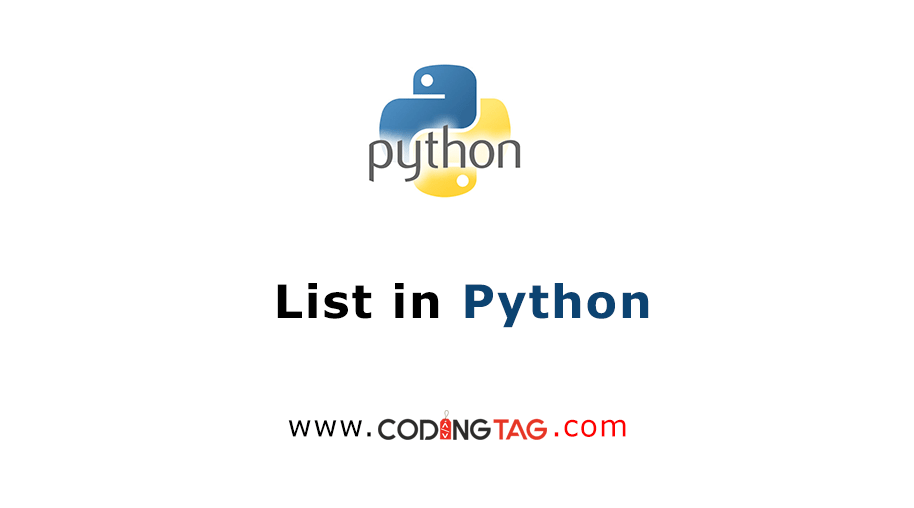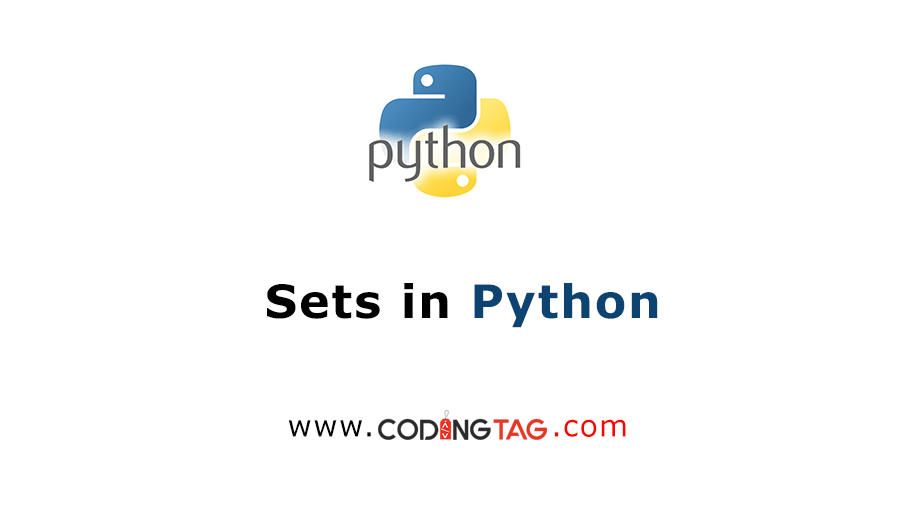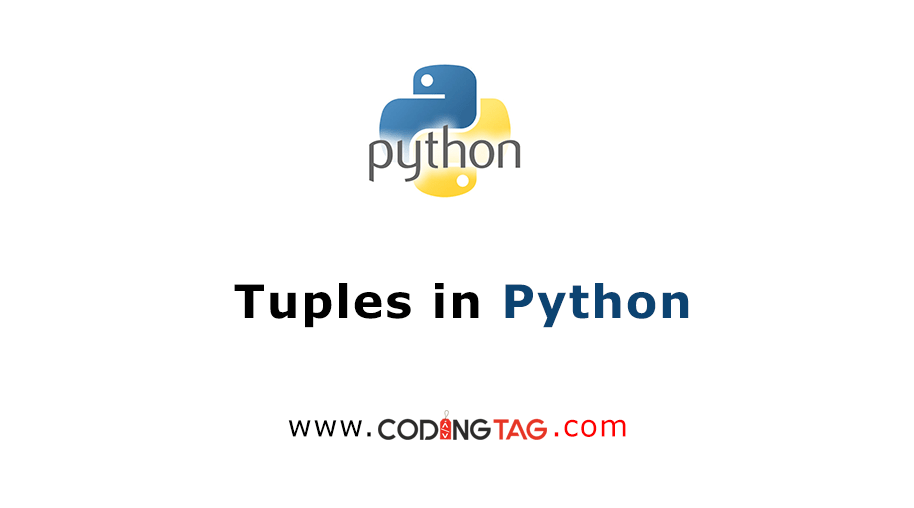Python Random Module
0 110
Exploring the Python Random Module
The Python Random Module is a built-in library that provides a suite of functions to generate random numbers and perform random operations. Whether you're developing games, simulations, or need unpredictability in your programs, this module is indispensable.
Importing the Random Module
To utilize the functions offered by the Random Module, you first need to import it into your Python script:
import random
Once imported, you can access various random functions using the random. prefix.
Key Functions in the Random Module
The Random Module includes several functions to generate random values:
random.random(): Returns a random float between 0.0 and 1.0.random.randint(a, b): Returns a random integer N such thata <= N <= b.random.choice(sequence): Returns a randomly selected element from the non-empty sequence.random.shuffle(sequence): Shuffles the sequence in place.random.sample(population, k): Returns a list ofkunique elements chosen from the population sequence.random.seed(a=None): Initializes the random number generator. Ifais provided, it sets the seed; otherwise, it uses the current system time.
Practical Examples
Here are some practical examples demonstrating the use of the Random Module:
import random
# Generate a random float
print(random.random())
# Generate a random integer between 1 and 10
print(random.randint(1, 10))
# Select a random item from a list
items = ['apple', 'banana', 'cherry']
print(random.choice(items))
# Shuffle a list
random.shuffle(items)
print(items)
# Generate a random sample of 2 items from the list
sample = random.sample(items, 2)
print(sample)
# Set a seed for reproducibility
random.seed(42)
print(random.random())
Applications of the Random Module
The Python Random Module is widely used in various applications:
- Games: Simulating dice rolls, card shuffling, or random events.
- Simulations: Modeling random processes in physics, finance, or biology.
- Data Sampling: Selecting random subsets from large datasets for analysis.
- Machine Learning: Splitting datasets into training and testing sets.
- Security: Generating random tokens or passwords.
Conclusion
The Python Random Module is a powerful tool for introducing randomness into your programs. By understanding and utilizing its functions, you can enhance the unpredictability and functionality of your applications.
If you’re passionate about building a successful blogging website, check out this helpful guide at Coding Tag – How to Start a Successful Blog. It offers practical steps and expert tips to kickstart your blogging journey!
For dedicated UPSC exam preparation, we highly recommend visiting www.iasmania.com. It offers well-structured resources, current affairs, and subject-wise notes tailored specifically for aspirants. Start your journey today!

Share:






Comments
Waiting for your comments